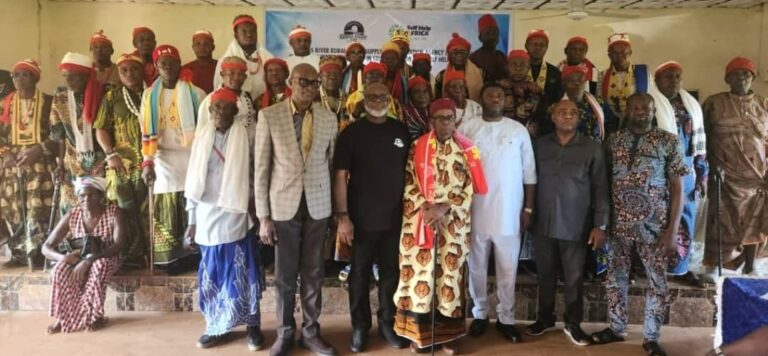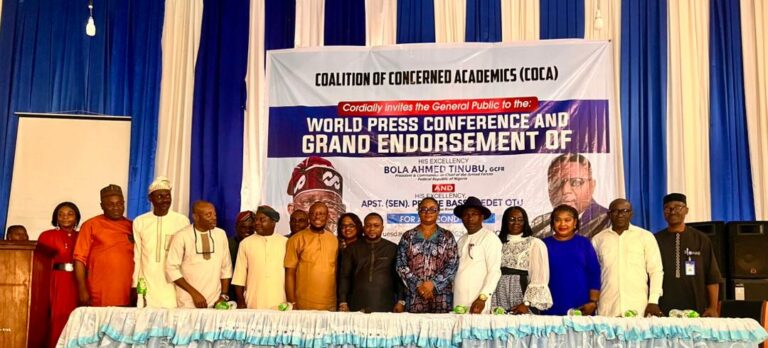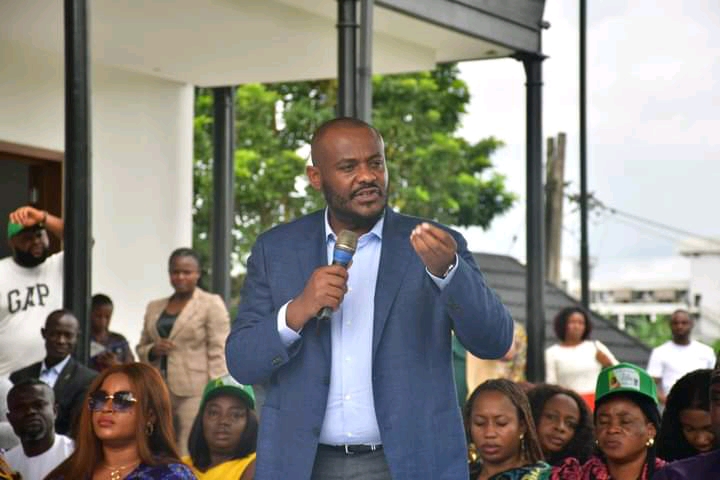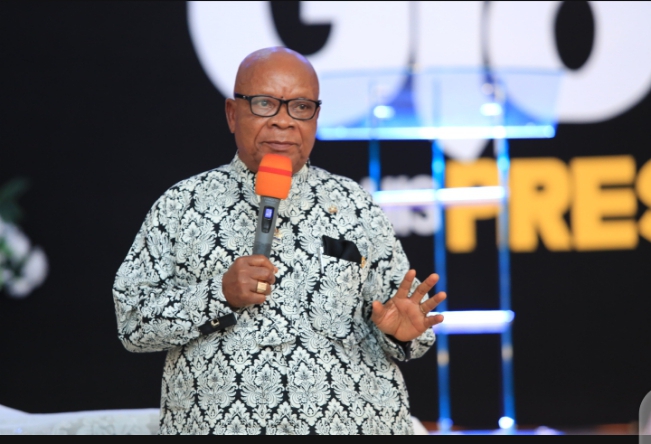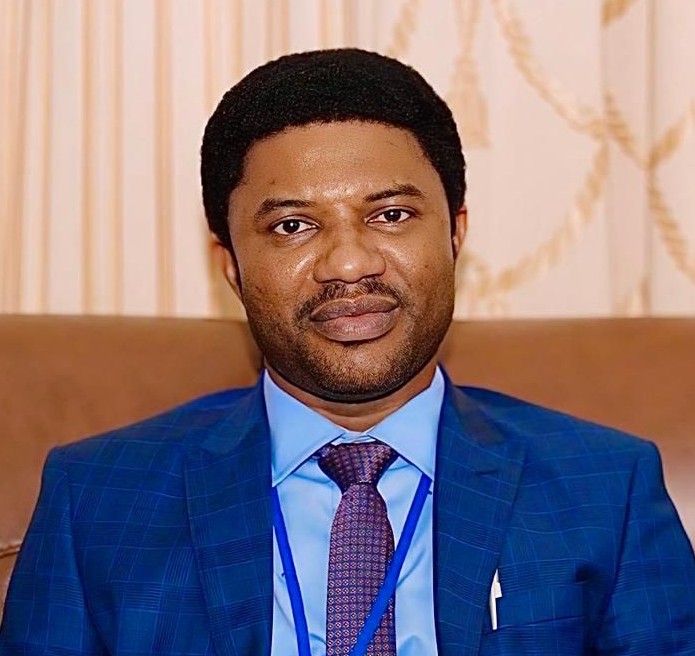
By Ogar Emmanuel Oko
Apostle Prince Bassey Edet Otu caught my attention during his budding political career in the Senate—this was 14 years ago. At the time, I was a student leader at the University of Calabar, actively involved in union affairs.
One of the most challenging moments during that period was a severe water scarcity on campus. The university’s generating plant had shut down due to technical faults, and the then National Electric Power Authority (NEPA) failed to supply power, citing unpaid or delayed bills.
As the crisis lingered, students from Malabor and across the campus were forced to go off-campus to fetch water. Tension grew by the day. A protest loomed, but such action was unthinkable—students had only just returned after a six-month closure following the August 6, 2011, riot that had plunged the university into chaos.
READ ALSO: Gov Otu Unveils ‘Traces of Time’ as Theme for Carnival Calabar 20th Anniversary
The situation was dire. Toilets overflowed, and students had to defecate on piles of waste. Many couldn’t cope and left. Only the resilient remained. Students were abandoned to their fate, and the university management appeared helpless, lacking focus and urgency. SOS messages were dispatched widely.
Relief finally came through the intervention of then-fledgling Senator Prince Bassey Otu. Through one of his aides, Mr. Akiba Ekpenyong—a Law student at the time—a water tanker was sent to supply all the hostels. Today, Akiba serves as the Special Adviser on General Duties to the Governor.
That singular act of compassion drew my interest toward Senator Otu’s political activities. I later witnessed one of his empowerment programmes where he distributed cars, speed boats, canoes, motorcycles, tricycles, and more. No senator, to my knowledge, has matched that level of empowerment in Cross River State.
Unfortunately, I also witnessed the political betrayal he suffered in 2014 during the PDP Southern Senatorial Primary, overseen by then-Governor Liyel Imoke. Prince Otu was edged out in favor of Imoke’s close ally, Senator Gershom Bassey. He defected to the Labour Party but lost in the general election.
During his time in the Senate, Prince Otu chaired the Senate Committee on Finance and later, the Committee on Banking and Other Financial Institutions. He also served on several critical committees, including Navy, Petroleum, Power, and Water Resources. His most notable legislative achievement was sponsoring the Nigerian Content Development Act, a transformative law in Nigeria’s petroleum sector.
Today, Prince Bassey Edet Otu is the Governor of Cross River State—the fourth since Nigeria’s return to democracy in 1999. His predecessors each had distinct priorities:
HE Mr. Donald Duke prioritized urban infrastructure, leaving behind enduring legacies like Tinapa, EPZ, Marina Resort, and Obudu Cattle Ranch.
Sen. Liyel Imoke focused on rural development, constructing roads, powering villages, and advancing the UN’s Millennium Development Goals (MDGs).
HE Prof. Sir Benedict Ayade CON pursued industrialization with some factory developments, though many state-owned infrastructures suffered neglect under his watch—most notably the Governor’s Office, State Library, Marina Resort, and the Presidential Lodge.
Since taking office, Governor Otu has shown a strong commitment to maintenance—a rare virtue in our public sector. Nearly two years into his administration, he has invested in the rehabilitation and redesign of state assets. His government has also prioritized road construction and asphalting within Calabar metropolis, with a few key projects ongoing across the state.
So far, his administration enjoys a relatively quiet political environment. But should opposition arise before the 2027 elections—especially in light of merger or coalition speculations—Prince Bassey Otu deserves continuity. His steady, maintenance-focused approach offers a foundation for sustainable development.
Let him build, maintain, and consolidate.
Comr. Ogar Emmanuel Oko
Publisher of the Rabbit Punch
He writes from Abeokuta

